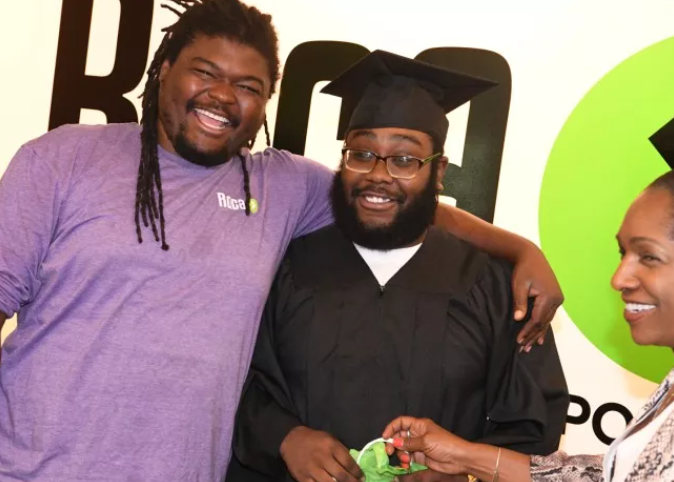Recently, The Sentencing Project posted this in-depth report by Richard Mendel examining six alternative approaches, including CBT and family therapy, that produce better outcomes than incarceration for both the youths at risk and public safety:
“As The Sentencing Project documented in Why Youth Incarceration Fails: An Updated Review of the Evidence, compelling research proves that incarceration is not necessary or effective in the vast majority of delinquency cases. Rather, incarceration most often increases young people’s likelihood of returning to the justice system. Incarceration also damages young people’s future success in education and employment. Further, it exposes young people, many of whom are already traumatized, to abuse, and it contradicts the clear lessons of adolescent development research. These harms of incarceration are inflicted disproportionately on Black youth and other youth of color. . . .
This report will describe six program models that show compelling evidence of effectiveness, and also enjoy the backing of energetic organizations dedicated to supporting replication efforts.
- Credible messenger mentoring programs hire community residents with a history of involvement in the justice system who provide intensive support to youth and their families, typically as one part of a multi-pronged intervention.
- Advocate/Mentor programs, such as Youth Advocate Programs, assign trained community residents to work intensively with young people and their families, providing support to the families and helping young people avoid delinquency and achieve goals delineated in their individualized case plans.
- Family-focused, multidimensional therapy models, such as Multisystemic Therapy (MST) and Functional Family Therapy (FFT) employ specially trained therapists who follow detailed protocols to identify and confront factors that propel a young person toward delinquent conduct, with a heavy focus on working with family members to support youth success.
- Cognitive behavioral therapy plus mentors for youth and young adults at extreme risk, like the programs offered by Roca, Inc., engage youth and young adults living in violence-torn neighborhoods who are at extreme risk for future incarceration. Roca youth workers provide participants with cognitive behavioral therapy and connect them with education, employment, and other relevant services.
- Restorative Justice interventions targeting youth accused of serious offenses provide an alternative to traditional court. These programs typically involve victims, and they culminate in a conference where victims, accused youth, and caring adults in their lives meet to discuss the harm caused by the offense and craft plans for the youth to “make things right” and to avoid subsequent offending and achieve success.
- Wraparound programs assign a care coordinator to develop individualized plans offering an array of services to assist children and adolescents with serious emotional disturbances – sometimes including youth facing serious delinquency charges – who might otherwise be placed into residential facilities.”
More from Around the Web
More from Mad in the Family
















In Mexico, Saskia Nino de Rivera has been working with youth already incarcerated to, among others, prevent reentry into the punishment industry.
In some of her newspaper articles has been trying to move into prevention, but I haven’t read much about those.
As a sugestion of a non anglo perspective. She does tend to despair from time to time IMO. But her heart and effort seem in the right place. And she seems to know about youth and the penal system in Mexico.
Report comment